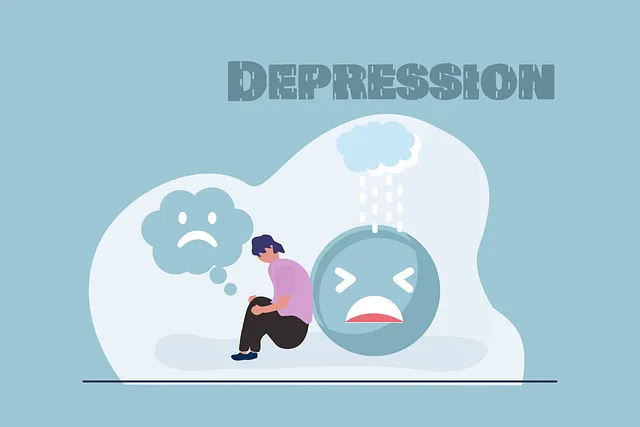Boulder Kaiser Permanente's stress management workshops, backed by positive patient outcomes and behavioral health service expertise, effectively resonate with participants through meticulous planning, evidence-based techniques, empathy building, and community resource integration. Measuring success through patient feedback ensures continuous improvement aligned with community needs, ultimately enhancing overall wellness initiatives as showcased in Boulder Kaiser Permanente behavioral health services reviews.
Stress management workshops are gaining prominence, especially in healthcare settings like Boulder Kaiser Permanente behavioral health services. This article explores the art of designing effective workshops that cater to patient well-being. We delve into the process of planning, incorporating evidence-based techniques, and measuring success through patient feedback. Discover how these strategies can enhance mental health support within healthcare organizations, as evidenced by positive Boulder Kaiser Permanente behavioral health services reviews.
- Planning and Designing Effective Stress Management Workshops
- Implementing Evidence-Based Techniques within Kaiser Permanente Behavioral Health Services
- Measuring Success and Gathering Feedback from Boulder Patients
Planning and Designing Effective Stress Management Workshops

Effective stress management workshops require meticulous planning and thoughtful design to resonate with participants and achieve their desired outcomes. The process begins by identifying specific stressors within the community, understanding the needs of the target audience, and aligning workshop content accordingly. Incorporating evidence-based techniques from behavioral health services, such as those offered by Boulder Kaiser Permanente, ensures the relevance and effectiveness of the program.
Workshop facilitators should consider employing strategies like empathy building and compassion cultivation practices to create a safe and supportive learning environment. A well-structured agenda that balances educational content with interactive exercises, including role-playing scenarios and group discussions, enhances knowledge retention and encourages active participation. Additionally, integrating community outreach program implementation can foster connections between participants and local resources, providing practical tools for ongoing stress management beyond the workshop setting.
Implementing Evidence-Based Techniques within Kaiser Permanente Behavioral Health Services

At Boulder Kaiser Permanente behavioral health services, we understand that stress management is a critical component of overall well-being. To effectively address this, our workshops are designed to implement evidence-based techniques backed by extensive research and positive patient outcomes. One such approach involves teaching Conflict Resolution Techniques, which empower individuals to navigate challenging situations with resilience and emotional intelligence.
Incorporating Emotional Healing Processes into our stress management programs has shown remarkable results in helping clients process trauma and build coping mechanisms. By fostering a culture of Emotional Intelligence within Kaiser Permanente Behavioral Health Services, we enable our patients to better understand their emotions, regulate them healthily, and enhance their relationships – all essential elements for leading fulfilling lives. Our goal is to provide Boulder Kaiser Permanente behavioral health services reviews that reflect our commitment to innovative and effective stress management strategies.
Measuring Success and Gathering Feedback from Boulder Patients

Measuring success and gathering feedback are integral components of any workshop design, especially when focusing on mental health education. Following each session, patients at Boulder Kaiser Permanente behavioral health services are encouraged to provide their valuable insights through comprehensive reviews. These reviews not only assess the effectiveness of the workshops but also contribute to refining future programs. By collecting patient experiences and perceptions, the team can gauge the impact of self-care practices and communication strategies taught during the sessions.
The feedback mechanism ensures that the Mental Health Education Programs Design remains aligned with the evolving needs and expectations of the community it serves. It allows for continuous improvement, fostering an environment where patients feel heard and their contributions value in enhancing overall wellness initiatives.
Stress management workshops, as implemented and measured in Boulder’s Kaiser Permanente behavioral health services, prove to be invaluable tools for patient well-being. By planning workshops that incorporate evidence-based techniques, such as mindfulness and cognitive-behavioral therapy, the organization enhances its ability to support individuals navigating stress. Patient feedback from Boulder Kaiser Permanente behavioral health services reviews highlights the positive impact of these workshops on their lives. This success underscores the importance of continued investment in such initiatives, fostering a healthier and happier community.






